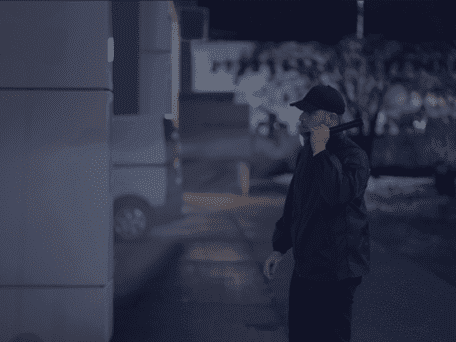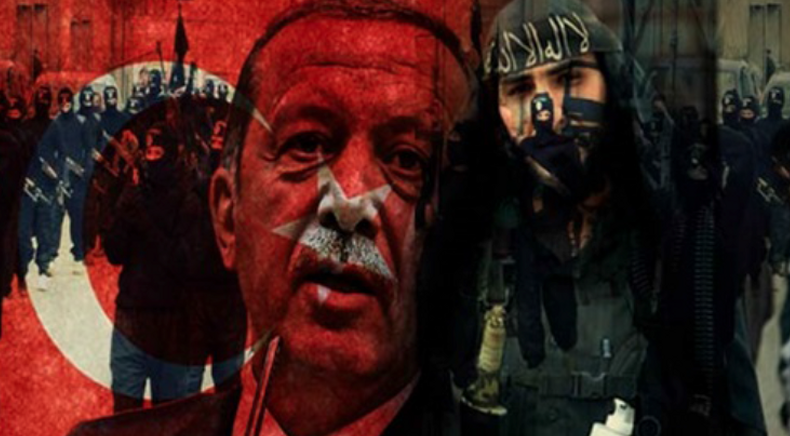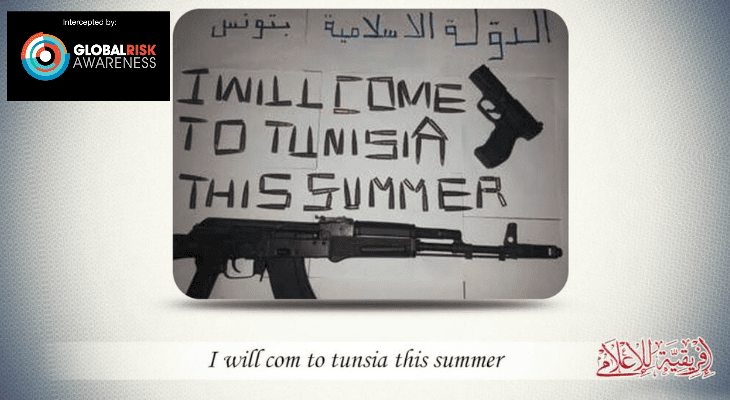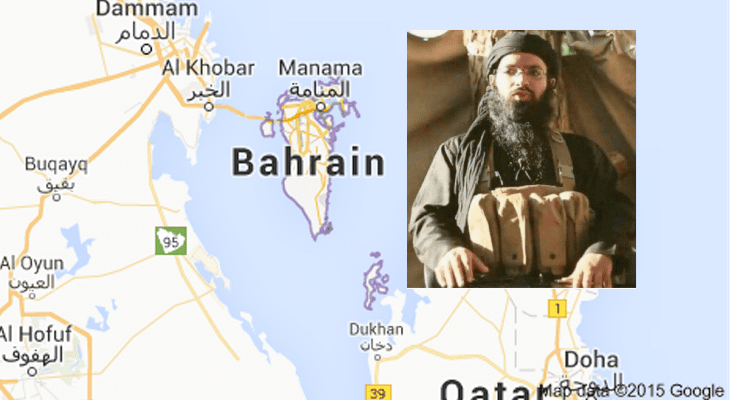IS have just released a statement claiming responsibility for the attack in Tunis on Wednesday
Yesterday (18th March 2015) Two suspected Islamic State members opened fire in the Bardo Museum in the Tunisian capital Tunis, killing at least 17 foreign tourists and 2 Tunisians.
The individuals, identified to a French radio station by the Tunisian Prime Minister Habib Essid, said “while Yassine Laabidi had been flagged up, nothing specific was known about him or whether he had any links to known militant groups”. The other gunman has been named as Hatem Khachnaoui.
The IS statement, intercepted and translated by Global Risk Awareness, said “that two Knights from the caliphate, Abu Zakaria Al-Tunsi and Abu Anas Al-Tunsi went ahead with their machine guns and hand bombs targeting the `Bardo museum, which is located in the square of security of the Tunisian parliament” giving the gunmen there IS names.
It went on to say ” that this mission led to the death and injury of tens of Crusaders and murtadin, and the security forces didn’t even dare to get close until the two heroes ran out of bullets”
It continues to warn that “ [IS] are taking over the Islamic Tunisia : whatever you saw today is the first of what’s coming”.
Earlier this year the Tunisian interior minister admitted that several thousand Tunisians joined the IS in Syria and Iraq, however he boasted that the Tunisian authorities were able to prevent up to ten thousand Tunisians from joining the IS through confiscation of passports and travel bans.
According to BBC analysis by Mohanad Hashim published on 03 September 2014, “Tunisians make up the largest group of foreign fighters in IS, estimated to be approximately 3000”.
The number mentioned by the interior minister is high by any standard and highlights the problem of widespread extremism in Tunisia that could be fuelled by some of the 3000 returning home.
Talking to Aimen Dean, an ex Al Qaeda jihadist who worked for British Intelligence and now provides consultancy on extremist issues, he said “Physically preventing new recruits from reaching the IS in Syria does not necessarily mean that the recruits in question will just give up on the idea of striking a blow for the IS”.
Several Islamic State’s members, supporters and sympathisers took to social media and other internet forums over the past few days to condemn recent actions by Turkish authorities to prevent teenage IS recruits from western countries from either entering Turkey or crossing the Turkish-Syrian border to join the IS.
The posts warned Turkey that there is considerable IS presence within Turkey through logistic, business and intelligence networks. Furthermore many of these posts warned that “if these recruits cannot reach the IS to serve the cause of Jihad in Syria or Iraq, then they will have no choice but to strike a blow for the IS within their own countries”.
The same individuals used the “Charlie Hebdo” and the “Copenhagen” attacks as example of what is likely to happen with increasing frequency, should Turkish authorities keep on preventing the new IS recruits from reaching Syria in an apparent direct threat to countries outside Turkey.
From information passed to 5 Dimension Consultants, Yassine Laabidi and Hatem Khachnaoui who opened fire in Bardo, are believed to have been smuggled into neighbouring Libya, trained in an IS camp in Derna and returned to carry out their plans in Tunisia. However, this cannot be independently verified at this stage.
It is believed that at least one of them had their passport confiscated. Dean went on to say “The lack of passports did prevent them from traveling to Turkey and then into Syria, but being smuggled through the porous border with Libya was much easier.
The threat by IS supporters of more frequent “lone wolf” attacks is not an empty or hollow threat. The decision to join the IS by such young recruits is mainly due to the sense of religious “elitist” isolationism, which is mostly self-imposed.
Therefore preventing such individuals from pursuing their “escape” from the “decadent and morally bankrupt western crusading anti Islamic societies” could turn their aggression towards such perceived “enemy” societies.
It is hard to anticipate how many “prevented” young recruits would turn their aggression against their own countries, but there is no doubt that those who made the fateful decision to join the IS and probably die for the cause, would also likely be ready to meet their deaths in their own countries at the hands of the authorities after committing atrocities against their own fellow citizens.
Preventing recruits from joining the IS should not just be seen as an end in itself but rather the beginning of a more comprehensive process of guidance and rehabilitation of the individual recruit.
Travel bans and passport confiscations need to be followed by monitoring he individual’s activities online and offline, associations, and interaction with the rest of society”.
Dean continued “In our analysis governments around the world should draw a lesson from the Bardo attack, which is to focus on those who were prevented from traveling to join the IS as well as focusing on those who are already with the IS or have returned. In addition, the focus should not be confined only to monitoring, but appropriate guidance and counselling should be offered as well.”
As the IS reach becomes more global, the opportunities for “lone wolf” attacks to be influenced from a variety of different angles and motivators also increases.



















